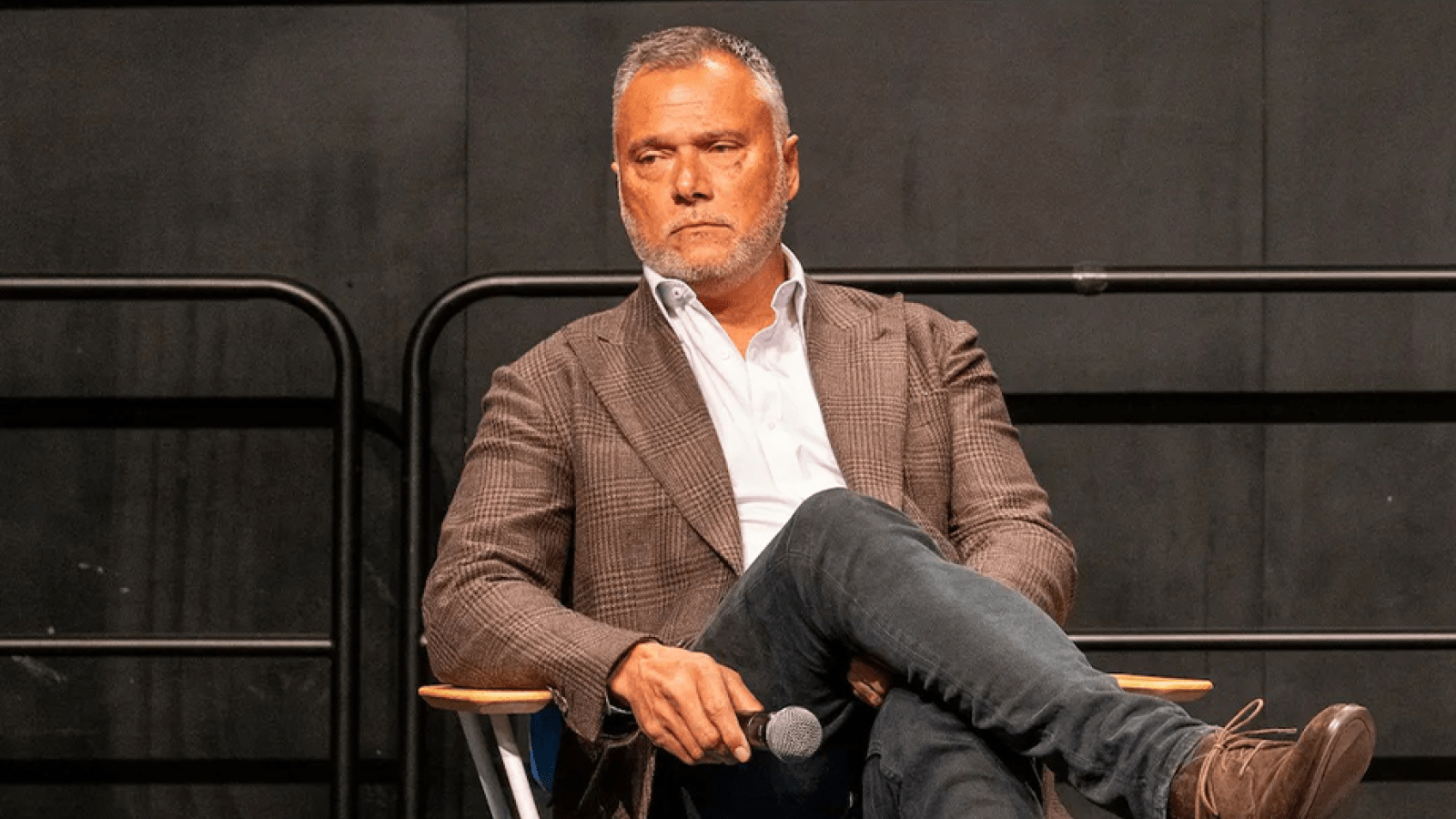Can Australia resist racism in the Voice process?

Photo by: Jamie Kidston/ANU
Well-known journalist and author Stan Grant made headlines when he announced he would be stepping away as host of ABC’s Q&A program after experiencing “relentless” racial abuse. Grant, who is a Wiradjuri and Kamilaroi man, has long been the target of what he has described as “racial filth”, but the recent backlash against his comments on ABC’s coverage of King Charles III’s coronation have prompted him to take time out from his media role.
In an article explaining his resignation, Grant criticises the ABC for failing to publicly defend him and condemns Australian media more generally for framing important national issues in divisive and simplistic terms. He writes: “I take time out because we have shown again that our history—our hard truth—is too big, too fragile, too precious for the media. The media sees only battle lines, not bridges.”
Most Australians would rightly condemn the racist abuse aimed at Grant. Research has repeatedly shown that journalists and public figures from minority groups experience higher levels of abuse than other journalists. A Media Diversity Australia report released this month revealed 85 per cent of diverse journalists have experienced either personal or professional abuse online, with 50 per cent saying the abuse also moved offline. There is no doubt that media organisations could do much more to protect and defend their journalists when they are subjected to such abuse.
However, Grant’s recent experience should also prompt us to closely examine our capacity—as a national community—to engage in constructive and mature conversations about our future together. The uncomfortable truth is that racial abuse is routinely weaponised in Australian social media and public discourse to intimidate, silence and humiliate First Nations people and other people from racial minority groups. This is not only undemocratic, but a form of colonial and racial violence with physical and psychological consequences.
The Mayi Kuwayu Study of more than 8,000 First Nations people by ANU researchers found that racial discrimination is pervasive, with almost six in 10 participants reporting experiencing it in their everyday life. From anxiety, depression and poor life satisfaction, to pain, heart disease, diabetes, high blood pressure and cholesterol, experiencing this discrimination is linked to negative health outcomes.
The conversation about republicanism and the future of the British monarchy in Australia is one significant area where this racial violence has occurred. Like Grant, many other Aboriginal public figures have faced strong criticism for expressing republican sentiments and a lack of grief when Queen Elizabeth II died last September. Most critics have been more interested in policing the tone and content of Aboriginal people’s contributions than engaging empathically with the fundamentally different experience of First Nations Australians, and how this might have shaped their opinions and attitudes.
Australians are now mere months away from a national referendum on the Aboriginal and Torres Strait Islander Voice to Parliament. The issues raised by the referendum process are complex and emotive ones that bear on our understanding of the ongoing impacts of Australia’s violent colonial history. The outcome of the referendum will have long-term implications for our understandings, and practice, of Australian citizenship, democracy and government.
Can Australians engage in this challenging referendum process without descending into racist stereotypes and vitriol? Anecdotally, Indigenous activists are reporting high and increasing levels of racist taunting and abuse about this issue on social media platforms. Part of the problem, as Grant pointed out last week, is our tendency to frame big national issues as ‘battles’, because when we frame things in this manner we must either win at all costs, or be losers.
Australia needs to be bringing a maturity and self-awareness to its public conversations around race and our collective political and civic future. Most of us are not keyboard warriors, spewing racist violence on social media. However, our public discussions of race and Indigeneity are frequently embedded in ideas about Indigenous disadvantage and vulnerability. Research by ANU in partnership with the Lowitja Institute exploring ‘deficit discourse’ confirmed that it likely impacts on the health and wellbeing of Aboriginal and Torres Strait Islander people and contributes to forms of external and internalised racism.
Non-Indigenous Australians often struggle to engage with First Nations peoples on equal terms, or to respect Indigenous people’s knowledge and expertise on their own experiences and communities. We can all commit to engaging more carefully and empathetically with each other in our local communities and workplaces, as well as in the public sphere. The future of our nation demands it and conversations around the Voice are a pressing place to start.
This article was originally published by ANU Reporter here by Dr Melissa Lovell.
Dr Lovell is a Research Fellow and Convenor at The Freilich Project for the Study of Bigotry, a philanthropically funded, interdisciplinary centre that supports research into the causes, histories and effects of ethnic, cultural, religious and sexual bigotry and animosity.